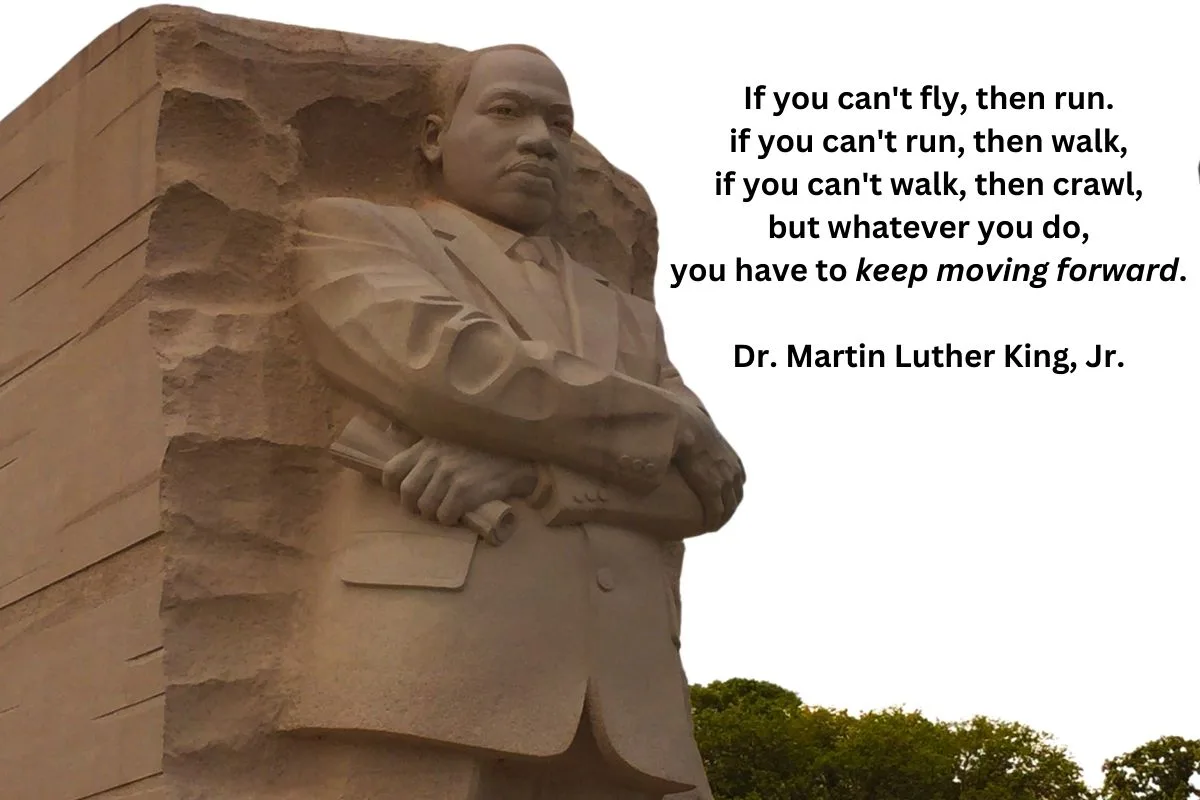Today's guest post is by Natalie Sayer, who was my guest for Podcast #145.
Most of the literature I read about “Respect for People” has an inference that it is uni-directional or bidirectional tied to the organizational hierarchy. I challenge this inference, because within an organization multitudes of informal leaders make or break an organization's success – constantly.
A few years ago, I was speaking with an executive from a Fortune 100 company about leadership and culture. We concluded three key points:
- Leadership is multi-directional.
- Everyone in the organization leads, independent of the organizational hierarchy.
- In every moment, we are leading for good or not, thus creating the true culture of the organization.
People are constantly interacting with each other within a team, across teams, on projects, at the water cooler and so on. We have roles where we have to influence people, implement projects across value-streams, and deliver results to the organization. And, we do this frequently without a formal “leader” designation. How we interact directly relates to the quality of the results achieved and the true culture of the organization.
Have you ever been on a team with “that guy”? You know the one – doesn't cooperate, always finding the reasons why something won't work without suggesting alternatives, complains, doesn't want to share his information or tricks of the trade, not open to learning or change, or isn't accountable for the results. Have you ever been “that guy”?!? Is this person a leader? Actually, yes – maybe not in the direction we'd like, but he is still influencing the course of the project, the initiative, the team and the culture.
So how does this relate to “Respect for People”? Easy, we as individuals will contribute to a culture of “Respect for People” just by how we show up in each moment. It starts with self-awareness and personal accountability for our own leadership. Ask yourself, “Am I
- continuing to grow, learn, and develop?
- building capability with those around me?
- coaching and acknowledging others?
- using language constructively, listening and communicating effectively?
- contributing to the development of a Lean culture?
- actively improving processes and solving problems?
- being accountable to the results, as well as, the process to achieve them?
I have heard many people say, “My leadership doesn't show me respect. They don't do those things, so why should I?” Respect is not just a one-way street. If you go to the dictionary, you will find it is not only “to be held in esteem,” but also, “to hold in esteem.” Someone has to start the change. Sometimes you have to “lead your boss” by modeling the behaviors and actions that will build the culture of the Lean organization. Or as Gandhi said, “Be the change you want to see in the world.”
So how will you lead in every moment of this day and beyond? Will you build trust, engagement, respect, and capability or not? The choice is yours; choose wisely. You may never know how your leadership can change the lives of those around you in an instant.
Natalie J. Sayer is a global executive coach, Lean advisor, speaker, change consultant, and the lead author of “Lean for Dummies“, Wiley 2012, 2007.
What do you think? Please scroll down (or click) to post a comment. Or please share the post with your thoughts on LinkedIn – and follow me or connect with me there.
Did you like this post? Make sure you don't miss a post or podcast — Subscribe to get notified about posts via email daily or weekly.
Check out my latest book, The Mistakes That Make Us: Cultivating a Culture of Learning and Innovation:











Hi Natalie,
I like your list of questions. And thank you for saying, “trust, engagement, respect, and capability” are important for establishing respect. I believe that respect isn’t as easy as applying the golden rule (do unto others as you would have them do unto you). Respect requires work. There’s basic respect for humanity or people. Then, the kind of respect that people work to earn. Both are important. I think it’s important to know which kind is needed in the current moment.
[…] Author Natalie Sayer (Lean for Dummies) had an excellent guest post here on my site, Respect for People Goes in All Directions. […]